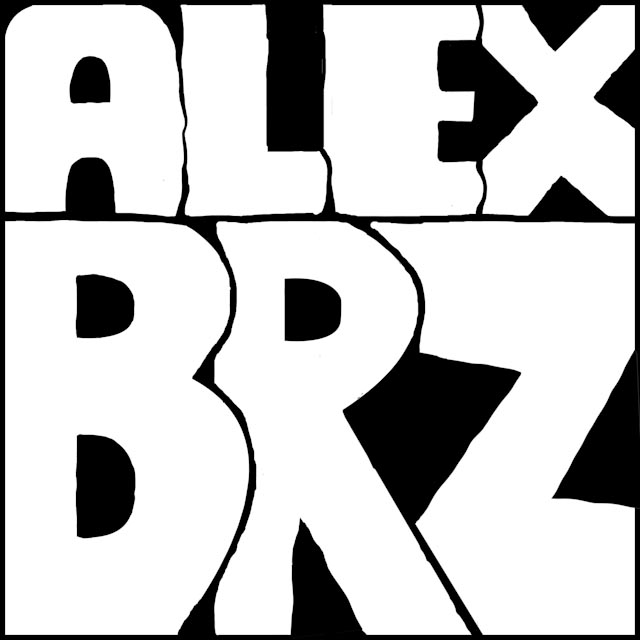What does archival mean?
 For the Montreal West Artist Showcase current exhibition, I had some very large collages printed (almost 24" by 72"). Now the question was how to hang them. I decided to put on foam core; but how to attach as I couldn't find any acid free glue on such short notice. I found some double sided tape and was happy until the next morning when they had all but detached themselves. At this point I used some strong glue, but just where I had a white border.
For the Montreal West Artist Showcase current exhibition, I had some very large collages printed (almost 24" by 72"). Now the question was how to hang them. I decided to put on foam core; but how to attach as I couldn't find any acid free glue on such short notice. I found some double sided tape and was happy until the next morning when they had all but detached themselves. At this point I used some strong glue, but just where I had a white border.Edward Weston daybook entry re Pepper#30

"But the pepper is well worth all time, money, effort. If peppers would not wither I certainly would not have attempted this one when so preoccupied. I must get this one today: it is beginning to show the strain and tomorrow should grace a salad. It has been suggested that I am a cannibal to eat my models after a masterpiece. But I rather like the idea that they become part of me, enrich my blood as well as my vision."
I read this quote in his aperture monograph and liked - searching on the web, it is often cut up into parts (like the eventual demise of the pepper itself)
Back to my comments about podcasts tomorrow
Martin Bailey Photography (3.5***)
Truly a remarkable podcast. His preparation and dependability for five years are unsurpassed. This show is the best example I have seen of the adage the best way to learn is to teach. His community is like-minded with an attention to detail and love of nature photography. It may be a little bit Canon-centric.
My only problem with the audio podcast is that the visuals that accompany the shows are often quite important, and that to look at the screen on an iPod is not satisfying or convenient. If I'm going to tie myself down to computer, I prefer to watch more software type teaching podcasts.
Probably perfect podcast if you're on an exercise machine in front of the screen.
The Candid Frame 4.5****
The web page states with a bit of“ chutzpah” that it is the world's best interview show about photographers and their photography. A number of podcasts now are resorting to interviews with photographers for content, but no-one does it anywhere near as well as Ibarionex Perello. I highly recommend going back through the archives of this podcast as well. Just think of me helping you achieve Malcolm Gladwell’s 10,000 hours rule. Subscribe on iTunes or
Lenswork- photography and the creative process (5)*****
Photohistory.jeffcurto.com (5) *****

Podcast Cleanup
My motivation

